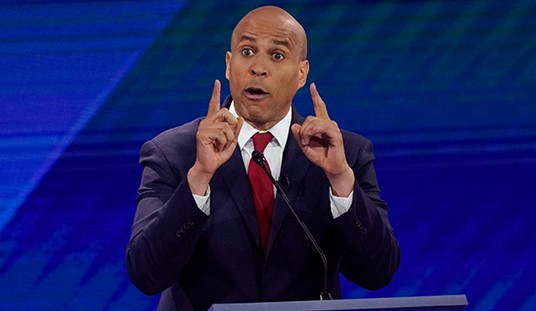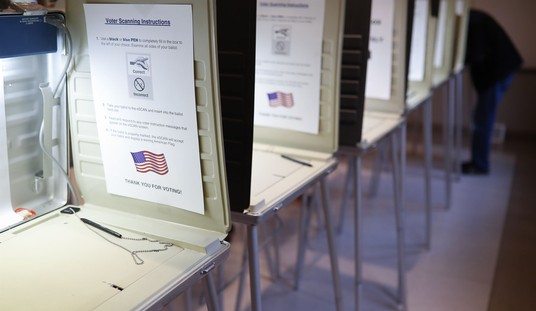 Tigerhawk argues that financial institution equity losses have resulted in a large reduction in lending capacity. Money is tight and expensive. He writes: “Since each dollar of equity can support $11 to $12 in lending, the net reduction in global equity has resulted in aggregate bank lending capacity contracting by $2 trillion. That is a huge reduction of lending capacity in a short period of time. The real economy will notice.” Whether or not there underlying value beneath the liquidity problems is an interesting question. The vultures are probably out in force to pick through the wreckage and buy up the profitable parts of the collapsing companies. Barclays have bought parts of Lehman:
Tigerhawk argues that financial institution equity losses have resulted in a large reduction in lending capacity. Money is tight and expensive. He writes: “Since each dollar of equity can support $11 to $12 in lending, the net reduction in global equity has resulted in aggregate bank lending capacity contracting by $2 trillion. That is a huge reduction of lending capacity in a short period of time. The real economy will notice.” Whether or not there underlying value beneath the liquidity problems is an interesting question. The vultures are probably out in force to pick through the wreckage and buy up the profitable parts of the collapsing companies. Barclays have bought parts of Lehman:
“This is a once in a lifetime opportunity for Barclays,” said the British bank’s president, Robert Diamond, announcing the Lehman deal. … “With this transaction, we have the opportunity to continue the growth and development of our US investment banking and capital market franchises with one of the leading financial institutions in the world.”
But if Barclay was picking up the profitable pieces, the question of who could be persuaded to buy the bad paper was another story, one which was the subject of the Scotsman’s dramatic article describing last minute efforts to underwrite Lehman’s risky assets with government money. Fleets of limousines converged on meeting rooms packed with powerful bankers. Nobody needed encouragement to pick up the good stuff. The question that decided Lehman’s fate was who would take the turkeys home.
“Everyone expected to hear by early Sunday evening that the Fed/Treasury had managed to arrange a shotgun wedding for Lehman with someone – Bank of America, Barclays, private equity. A funny thing happened on the way to a deal. The New York Fed called in all of the head honchos and said that they had a great deal for them. One lucky participant would get to buy Lehman’s business and their ‘good’ assets for a bargain price. The others would get a consolation prize: a chance to contribute their own precious capital to fund a bank of Lehman’s ‘bad’ assets. The Fed and Treasury were said to be ‘adamant’ that public money would not be involved in any bail-out.
“No government money? OK, no deal.”
And the rest, as they say, is history. Much of Lehman went under and without the bailout the innocent were exonerated and guilty were punished, to use another cliche. But leaving aside the liquidity problems were to be solved, some have argued that the current crisis shows certain ways of doing business are no longer viable. The WSJ’s Deal Journal summarizes the doubts over the chain of value underlying investment banking operations can ever be made fully transparent. The suggestion is that in the future, investment banks must becoming part of financial institutions whose risk are better known — like commercial banks.
“It turns out that big investment banks do very well in good times, when no one feels any need to worry about their solvency. But in bad times, their black-box nature and bloated balance sheets mean that even other banks shy away from taking on the huge amount of unknowable risk that lurks within their walls.”
Clearly they will continue to exist in some form. The Washington Post reports that “senior executives at Goldman Sachs and Morgan Stanley rushed to defend the prospects for what has fast become an endangered species on Wall Street: the stand-alone investment bank. … while the pie may be smaller, so is the number of big firms angling for a slice. And that bodes well for the firms that are still around once the business recovers, said David Viniar, Goldman Sachs’s chief financial officer.” But he would say that, wouldn’t he?
Update:
Judith Weiss describes the sheer psychological impact of watching Lehman go down. Institutions like Bear Stearns and Lehman were so established, so seemingly permanent that it seems inconceivable to anyone who has lived with their physical presence all their lives that they could actually come tumbling down. Here’s another one of her posts, which predicts — correctly I think — that whenever a major psychological trauma occurs there is the inevitable search for a scapegoat. But just because we need need to blame someone doesn’t necessarily mean there isn’t someone who needs to be blamed.










Join the conversation as a VIP Member